Premium Only Content
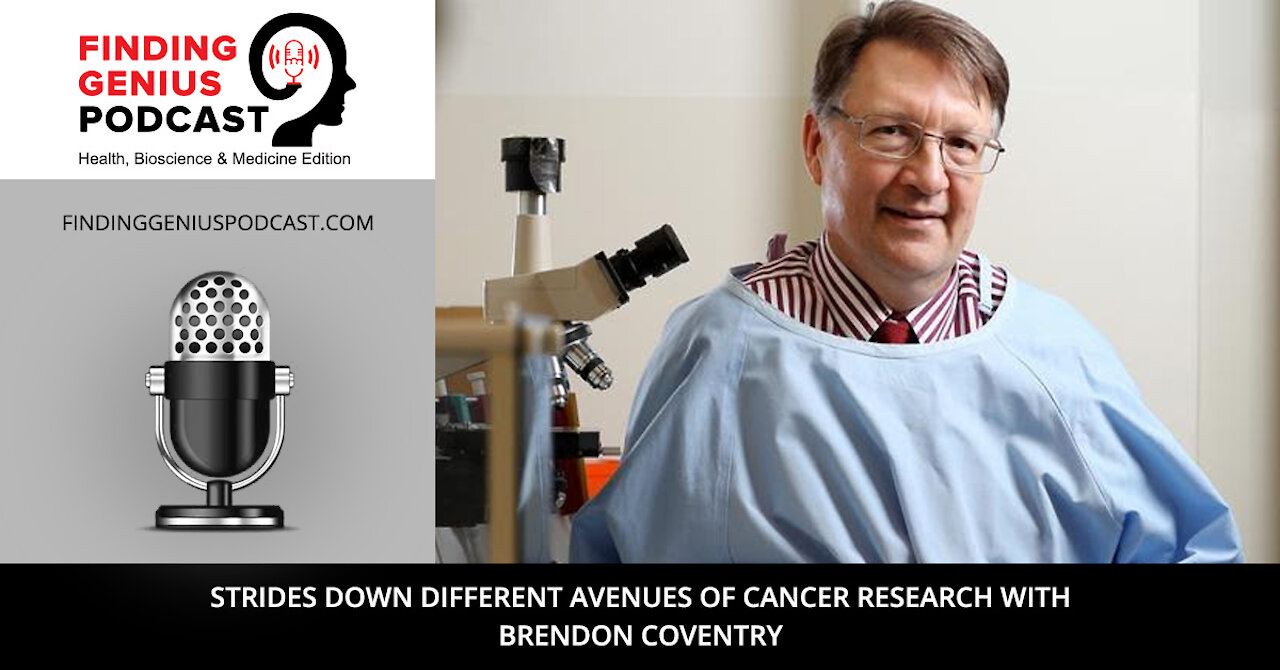
Strides Down Different Avenues of Cancer Research with Brendon Coventry
"Everything's a chemical interaction, isn't it?" says Brendon Coventry, as he describes how lymphocytes are affected by a chemical released from tumor cells that mutes their response. The challenge he and other researches face is how to work within these reactions towards effective cancer prevention and suppression strategies rather than irrelevant efforts.
He addresses some exciting therapies, like immunotherapy, and what researchers understand about the nature of tumors.
Listen and learn
What some of the newer and promising therapies are that address the cancer immune system interaction,
How tumors produce factors that down regulate the immune system in proximity to the tumor,
Which types of cancer respond more effectively to immunotherapy than others, and
Why one of the most interesting characteristics of the immune system, its plasticity, makes it difficult to measure effective cancer therapy treatment.
Brendon Coventry is an associate professor of surgery in Adelaide, South Australia. He's spoken with Richard in previous interviews, and always brings a keen perspective to the latest research. In particular he addresses the "notion of immunotherapy" and the extensive studies trying to pinpoint optimum timing, such as pre-surgical oncology treatment versus post-surgery.
He also brings listeners up to speed on a cytotoxic chemotherapy procedure called neoadjuvant chemotherapy, which is a chemotherapy process delivered before other treatment to reduce the tumor size.
But obviously, any approach to cancer treatment is full of challenges, and he explains some of the reasons why. He says, "We're trying to sort out some keys to unlock how we might deliver treatment. And this is showing us some insights into the tumor microenvironment, how tumors are behaving, and what sort of ways the immune system might be able to be manipulated."
He explains what the often-described heterogeneity of tumors means, and why, while researchers can show the lineage of how breast cancer may have spread to the lung, actual tumor cells are much more genetically different from other than, say, liver cells are compared to each other. That's a big part of the challenge for treatment.
Listen in to hear how researchers hope to meet this challenge and others.
Episode also available on Apple Podcasts: apple.co/30PvU9C
-
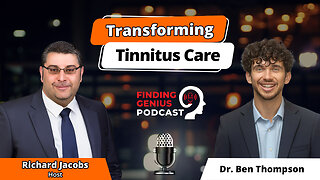 21:40
21:40
FGP
10 days agoTransforming Tinnitus Care: Dr. Ben Thompson On Hearing Loss, Sound Therapy, & Healthy Aging
27 -
 2:01
2:01
KGUN
4 years agoMaking Strides needs more donors to fund breast cancer research
83 -
 4:18
4:18
KNXV
4 years agoIronwood Cancer & Research Centers gives life-saving cancer prevention tips
29 -
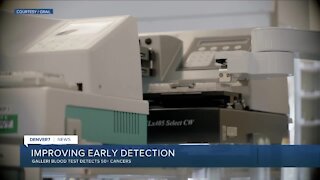 1:15
1:15
KMGH
4 years agoWorld Cancer Day: New test for cancer & UCHealth research
69 -
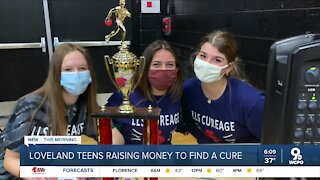 1:27
1:27
WCPO
4 years agoThree teens raising thousands of dollars for cancer research
30 -
 2:08
2:08
WKBW
4 years agoMultiple cancer research projects at Roswell Park
18 -
 2:55
2:55
KMGH
4 years agoColorado-based cancer research funded by NovemBeard fundraiser
41 -
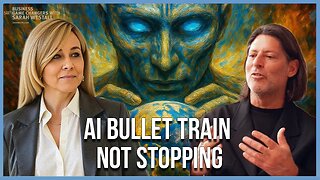 47:42
47:42
Sarah Westall
10 hours agoFreedom or Slavery? AI will Change Everything w/ Trump Senior Advisor Marc Beckman
56.7K12 -
 2:23:20
2:23:20
vivafrei
17 hours agoEp. 285: Visa Revocation No-Go! Sortor Arrested! Ostrich Crisis! 2A Win! Comey Defense & MORE!
115K108 -
 5:55:11
5:55:11
CassaiyanGaming
8 hours ago🟢LIVE - VISITING GOOB LAGOON! - Will They Rip Me Off?!? Waterpark Simulator
41.8K4
